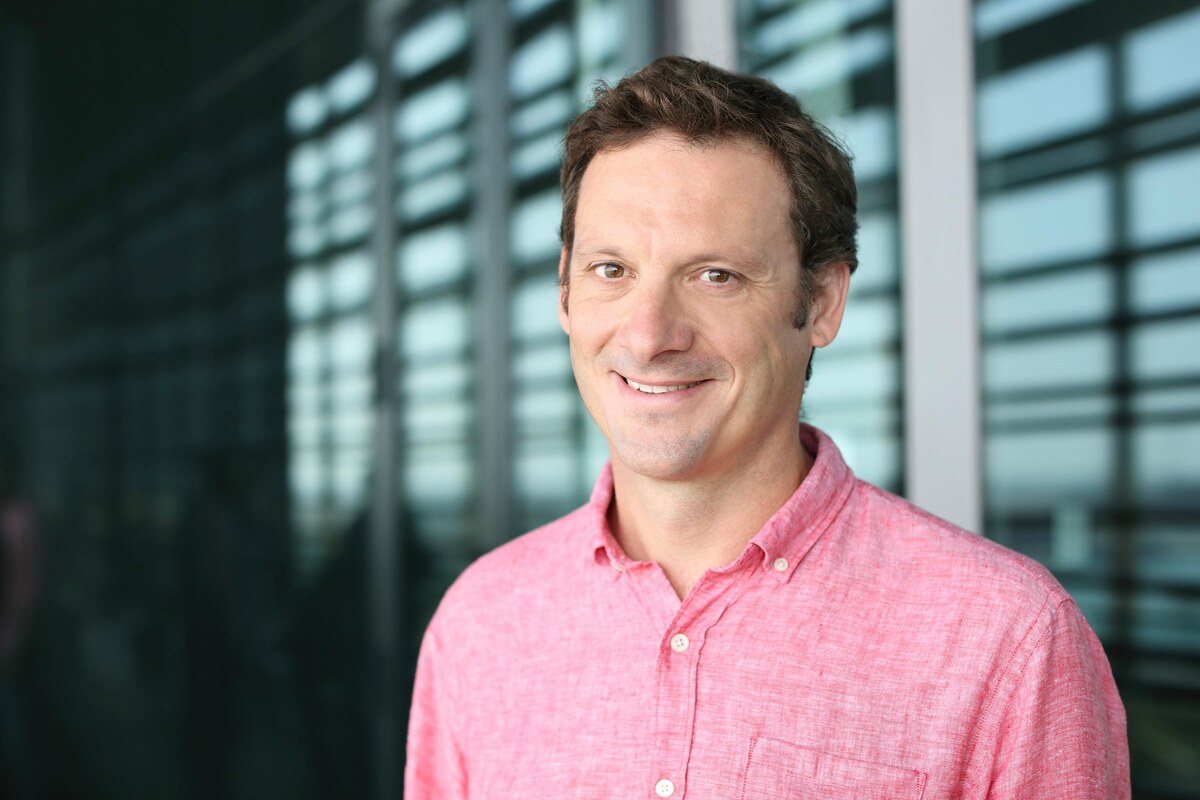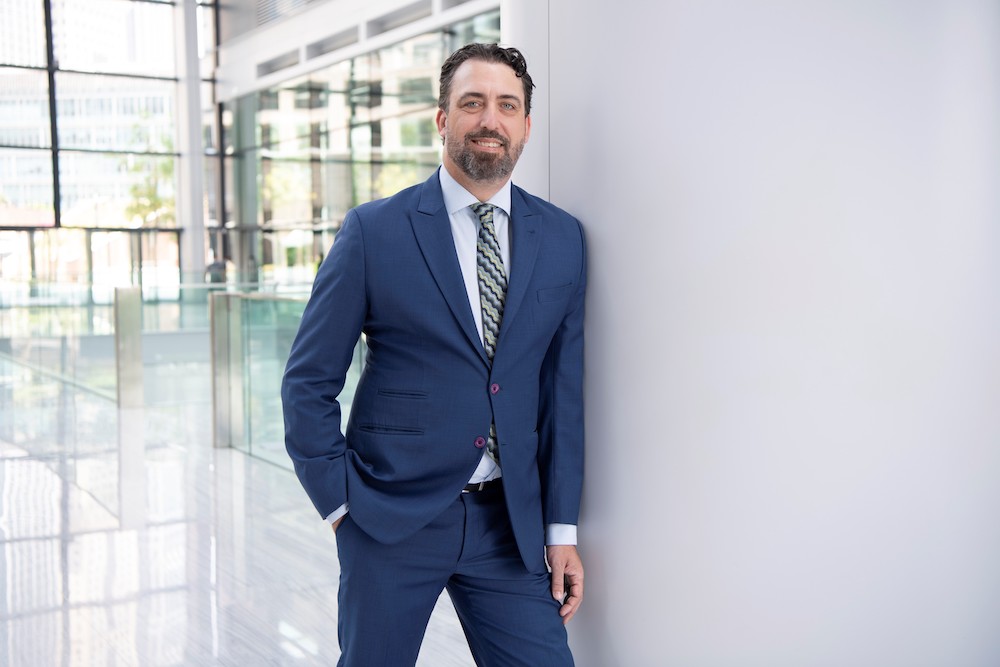RIYADH: In an era marked by growing environmental concerns and the pursuit of sustainable development, recycling has emerged as a crucial driver of economic prosperity for countries worldwide.
Beyond its environmental benefits, recycling holds significant economic advantages, fostering job creation, stimulating local industries, and bolstering long-term economic stability.
Saudi Arabia is seeking to make the most of this industry, and in January the Kingdom’s Ministry of Environment announced a comprehensive plan to recycle a significant portion – up to 95 percent – of the country’s waste.
This initiative is anticipated to contribute approximately SR120 billion ($31.99 billion) to Saudi Arabia’s gross domestic product, and aims to generate over 100,000 employment opportunities for the Kingdom’s nationals.
When fully implemented, the plan will see the recycling of around 100 million tonnes of waste annually, showcasing the nation’s commitment to sustainability.
The program aligns with Saudi Arabia’s broader sustainable development goals, emphasizing the implementation of well-designed strategies and processes across various sectors, including the National Environment Strategy.
Thinking behind the plan
According to Julien Vermersch, partner at Bain and Co. Middle East, the Kingdom’s ambition to divert 90 percent of its waste away from landfills by 2040 is not only going to be achieved via recycling.
“Whilst increasing circularity and materials recovery will certainly be a very significant lever – in particular because today only about 5 percent of the waste is recycled – this cannot be the only lever,” Vermersch told Arab News.
“Some waste streams, e.g. specific hazardous waste, cannot easily be recycled and in some cases incineration with heat recovery, i.e. waste-to-energy, will remain a better option,” he added.
There are more than economic factors at play in this plan, Vermersch explained, pointing to the rapid urbanization and population growth in the Kingdom putting existing infrastructure under significant pressure.
“All key urban centers are struggling with landfill saturation and whilst it is possible to open new sites or expand existing ones, this trend will rapidly become unsustainable as urban developments continue. Then landfills pose a real environmental threat,” he said.
The Bain and Co. partner shed light on the fact that despite some advancements in this area, the effective management of leachate remains a persistent challenge in urban and industrial areas, as evidenced by numerous reported instances of soil and groundwater contamination over time.
“Additionally, in the absence of gas capture systems, the decomposition of organic wastes in landfills is a major source of methane emissions – estimated to be around 30-50 Mtpa (million tonnes per annum) of CO2 equivalent emissions, which is 5-7 percent of the total greenhouse emissions of the Kingdom,” Vermersch said.
He further noted that the Kingdom’s landfill diversion target is consistent with what is already achieved in a number of European countries or select advanced Asian countries.
“The ambition to get there by 2040 however is quite bold. For these countries that have made the transition, getting to 90 percent landfill diversion has been a 25-plus years journey requiring stringent regulations, public engagement to build awareness and support and massive capital investments in new waste management infrastructure,” the partner clarified.
Yves Takchi, principal and global co-lead for Arthur D. Little Waste, Water and Circularity Competence Center, told Arab News that according to the National Center for Waste Management the overall ambition is similar across all waste streams, with the combined landfill diversion targets close to 90 percent for all types.
“To achieve this diversion rate, Saudi Arabia has put a great emphasis on recycling, but is also aiming to deploy a variety of other techniques such as waste-to-energy to complement it. The landfill diversion targets that the Kingdom of Saudi Arabia has embraced are rooted in an ambitious and yet scientific approach to transform the waste management sector in the country,” Takchi said.
He went on to explain that at a strategic level, countries have three high level options to manage the waste that is generated by its economy.
“Firstly, most economies with a nascent waste management sector treat waste management as a sanitation service and focus on reducing expenditures while safeguarding public health. This often means that they heavily rely on sanitary landfilling as a cheap and effective method to dispose of waste. The second approach is adopted by countries that want to minimize the waste that goes to landfills while still maintaining convenience and ease of implementation,” said Takchi.
He added that the usual objectives in this scenario are to avoid landfilling in recognition of its environmental damage and unnecessary space usage, as well as to leverage waste to fuel the increasingly energy demanding economies.
The Arthur D. Little official also said that countries in this situation usually end up relying heavily on recovery technologies such as waste-to-energy and refuse-derived fuel, which although have a higher cost and only marginal improvements in environmental performance, are much easier to put in place and rely much less on citizen participation and behavioral change.
Takchi argued that world-leaders in waste management follow the third approach.
“These countries have managed to put in place systems that strive toward a circular economy approach – as opposed to the linear use-throw-dump model. Their waste systems follow the waste hierarchy, which maximizes first the reduction and reuse of waste materials, then the usage of recycling as the next best alternative, with waste to energy and energy recovery transitional and residual treatments before landfilling,” he said.
With regards to the Kingdom, Takchi believes that Saudi Arabia has “rightly understood” that it is in a unique position to leapfrog from its current model to the more advanced, ambitious model.
“The country as a whole is embarking on a massive transformation journey embodied by Vision 2030, which has paved the way for massive investments in infrastructure across sectors and has demonstrated that the Saudi people are remarkably adaptable and embracing of positive change,” he said.
The benefits of this model include environmental protection of land, air and water, a growth in local socio-economic value by increasing investments in infrastructure and creating jobs, and enabling self-sufficiency in materials by keeping scarce resources – like rare metals and minerals – flowing within the economy, which improves the trade balance.
Initiatives implemented to support recycling goals
According to Takchi, the Kingdom has galvanized the sector through the creation of two separate entities – Saudi Investment Recycling Co., and the National Center for Waste Management, also known as MWAN.
The former was established by the Public Investment Fund to act as a sector champion, unlocking access to capital and investing in sector-building investments in partnership with local and world leading companies.
MWAN created a unified sector regulator that consolidated the previously fragmented regulatory ecosystem and took the lead on putting in place the ambitious public-sector led efforts to enable the sector’s transformation.
“We have already seen developments from both entities, with SIRC having put in place recycling initiatives and multiple massive investments announced – including mega scale infrastructure for Riyadh City. On the other hand, MWAN has already put in place the unified Waste Management Law and its Implementing Regulations, the new regulatory framework for the sector that has finally resolved fragmentation of regulation challenges,” Takchi added.
The Global Co-Lead for Arthur D. Little Waste also said that MWAN has also begun to improve the compliance environment, having embarked on a large-scale master-planning exercise across the different regions in Saudi Arabia.
It has also announced multiple sector-enabling initiatives aimed at preventing waste at the source, incentivizing resource recovery and maximizing diversion from landfills and including the launch of hundreds of investment opportunities.
“The key success factors to accelerate this paradigm shift will be to find the optimal balance of planning and action and to maintain collaboration and alignment behind the national agenda of an extremely complex ecosystem of many actors, including regulators, municipalities, royal commissions, investors, operators, commercial and industrial players and even citizens,” Takchi said.
Key government support
Strong government backing and regulatory support are essential for the successful transformation of the waste management sector.
Bain and Co. Middle East’s Vermersch highlighted the costly nature of the transition from landfilling to recycling, incineration or waste-to-energy.
“When you look at countries that have very low landfilling rates today, they have introduced over 30 years ago either landfill taxes that have risen to significant levels and/or very stringent landfill restrictions/bans,” he added.
That said, the partner underlined that in order to make this transition possible, an effective system to sort the waste is essential – which typically relies on segregation at the source and requires municipalities to step in.
“As we can see with the example of Riyadh that has been piloting a multi-bin system in recent years, it is not enough to just roll out the new collection infrastructure. It takes awareness campaigns and meaningful community engagements to educate residents and businesses on the importance of sorting waste and on how to use the new system effectively,” Vermersch said.
Takchi said that like most complex and ambitious transformation initiatives that fall within the framework of Vision 2030, the government has a crucial role to play to ensure success for the waste management sector, and that was the impetus behind the creation of MWAN.
“Such a massive leapfrog requires a clear national level direction of travel and strategy to be clear to all actors in the sector. That will allow us to fully synergize efforts and accelerate change. The government also has an important part to play in laying down the necessary enablers to unlock private sector investment and ensure the successful deployment of infrastructure and services,” he said.



































